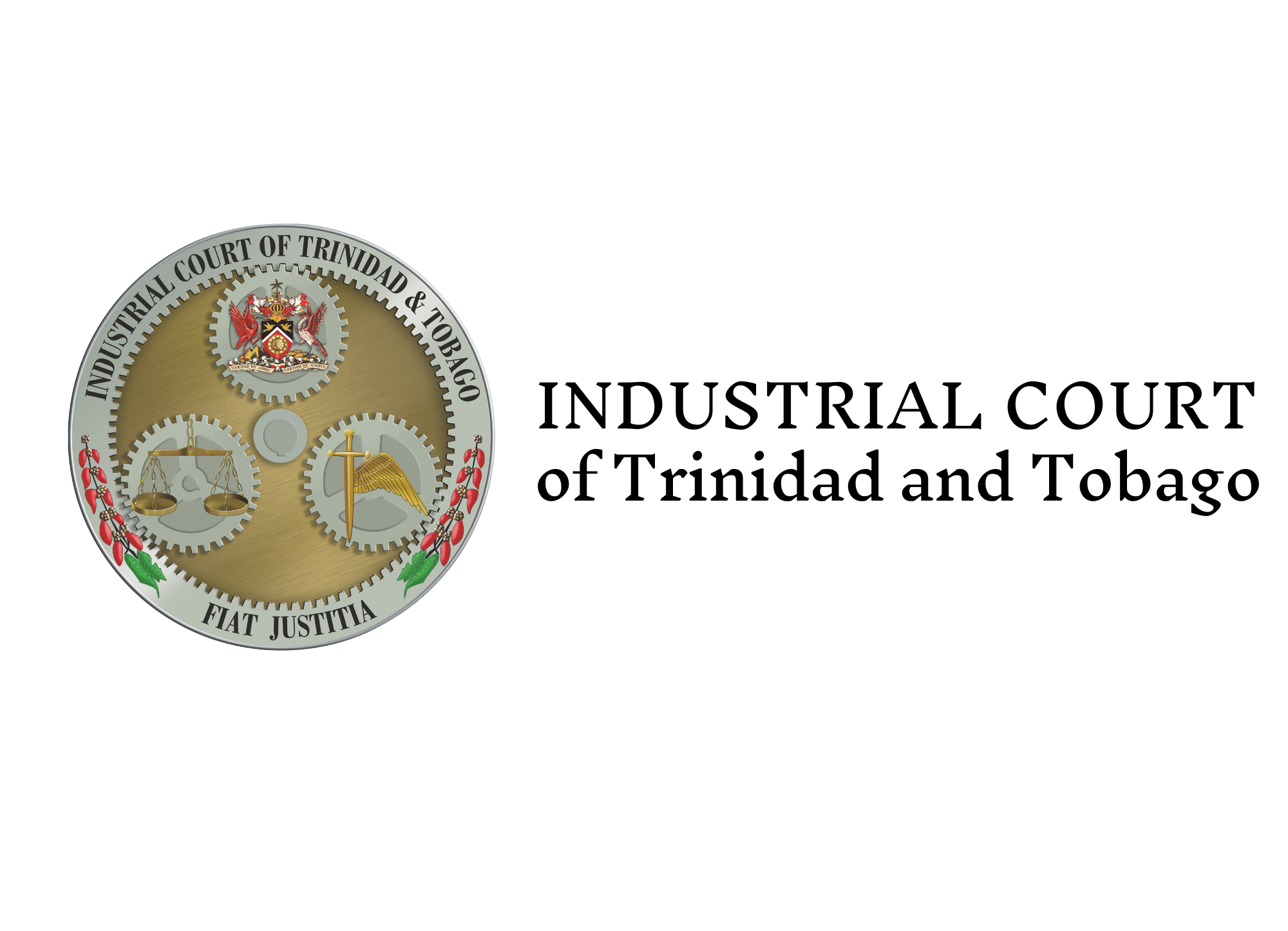Mission Statement
We are an effective Court upholding the Principles and Practices of good Industrial Relations as pillars of Industrial Peace, Economic and Social Development.
Establishment of the Court
The Industrial Court was established on March 20th,1965 by section 5(1) of the Industrial Stabilisation Act. This act was repealed and replaced by the Industrial Relations Act, Chapter 88:01 on July 31 st 1972. The Industrial Court is a superior court of record. As a superior court of record it has a status that is equivalent to that of the High Court of Justice. It is a specialised court with its own peculiar jurisdiction. It is responsible for dispensing social justice.
Role and Function
The principal role of the Court is to settle unresolved disputes and other matters which arise between employers and trade unions representing the workers employed by the employers under the Industrial Relations Act, Chapter 88:01 (I.R.A.), the Retrenchment and Severance Benefits Act, No. 32 of 1985, the Maternity Protection Act, No. 4 of 1998 the Minimum Wages (Amendment) Act, No. 11 of 2000 and the Occupational Safety and Health Act No.1 of 2004 (as amended by Act No.3 of 2006).
Jurisdiction of the Court
In addition to its inherent powers as a superior court of record, the Court has jurisdiction –
- to hear and determine trade disputes;
- to register collective agreements and to hear and determine matters relating to the registration of such agreements;
- to enjoin a trade union or other organization or workers or other persons or an employer from taking or continuing industrial action;
- to hear and determine proceedings for industrial relations offences under this Act;
- to hear and determine any other matter brought before it, pursuant to the Act.

